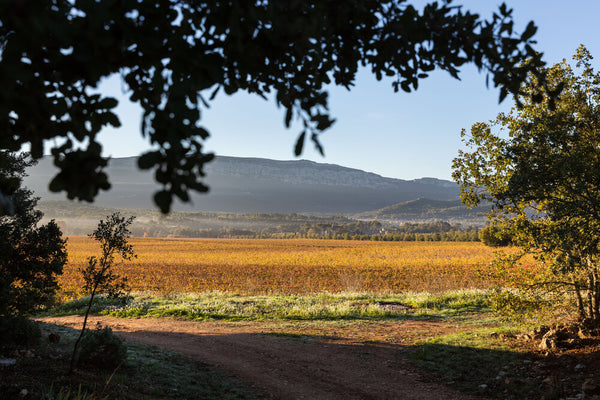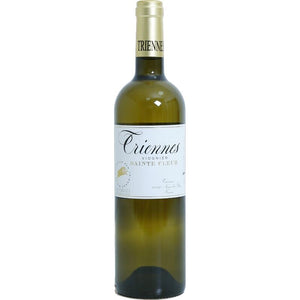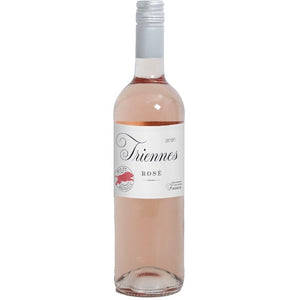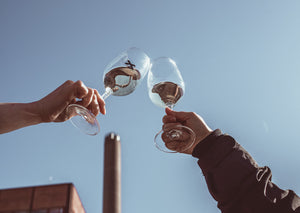
Triennes
What happens when two of Burgundy's most famous winemakers decide to go to the south of France in search of new vineyards, convinced of the huge potential of the region's wines?
In 1989, Aubert de Villaine from Domaine de la Romanée-Con and Jacques Seysses from Domaine Dujac traveled to southern France together with their Parisian friend Michel Macaux. After a long journey, they found the estate of Domaine du Logis de Nans in the Var area, northeast of Marseille. As native Burgundians, the gentlemen's faith and trust in the terroir and the potential of well-tended vineyards to produce top wines was unwavering, so they decided to invest in renovating the vineyards and tending the vines of the farm they found. The gentlemen were convinced that in the area they found, 30 kilometers from the Mediterranean, thanks to its cool microclimate, it would be possible to produce wines with refined fruitiness and particularly fresh natural acidity. The slopes filled with clay and limestone towards the south reminded the lords of the best farms in both Burgundy and the Saint-Émilion plain. The area was named Triennes in honor of the Roman god Bacchus, after the Triennia celebrations held every three years. Tri was also a reference to the three founders of the farm.
In the replanting of the farm's vineyards, rhizomes and creepers were selected that were best suited to the local conditions. Many unhealthy Cinsault vines were replaced with Viognier, Chardonnay, Cabernet Sauvignon, Merlot and Syrah. In the care of the shelters, harmony with the surrounding nature has been sought since the beginning. Other vegetation grows between every other row of vines, which helps limit the nutrition and water the vines receive, and which increases the organic matter in the soil. The yield of the vines is also limited by heavy cutting, which is why the grapes on the vines are particularly concentrated. In 1997, the gentlemen hired the respected local oenologist Rémy Laugier to manage the winemaking, and in 2008 the barns began to be converted to organic production. The Ecocert certificate was achieved in 2013.
Today, on the outskirts of Triennes, you can find a reconstructed winery, where wine can be made in temperature-controlled steel tanks. The farm also has its own bottling line, thanks to which the wines can be bottled at the optimal time, which is reflected in the quality of the wines. In just a few decades, Seysses and de Villaine have managed to create a 46-hectare vineyard that is considered one of the best in the South of France.
The wines of Triennes are made the way the winemakers themselves want to drink their wine. The main idea of white and rosé wines is the richness and freshness of aromas, while elegance and fruitiness without heaviness are sought in red wines. Winemaking is simple and not cosmetically manipulated. The shelters located between the Monts Aurelien and Saint Baume hills reach 420-450 meters above sea level. Because of this, the days in the nurseries are warm and the nights are cool. The long growing season guarantees optimal ripeness and multidimensionality for the grapes without forgetting the acidity. Jacques' sons Jeremy and Alec Seysses are currently responsible for the operation of the farm.
The farm's annual production is more than 250,000 bottles. The producer has an organic certificate.



